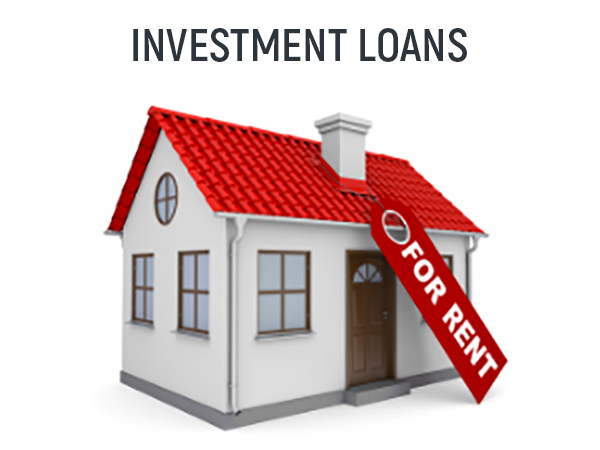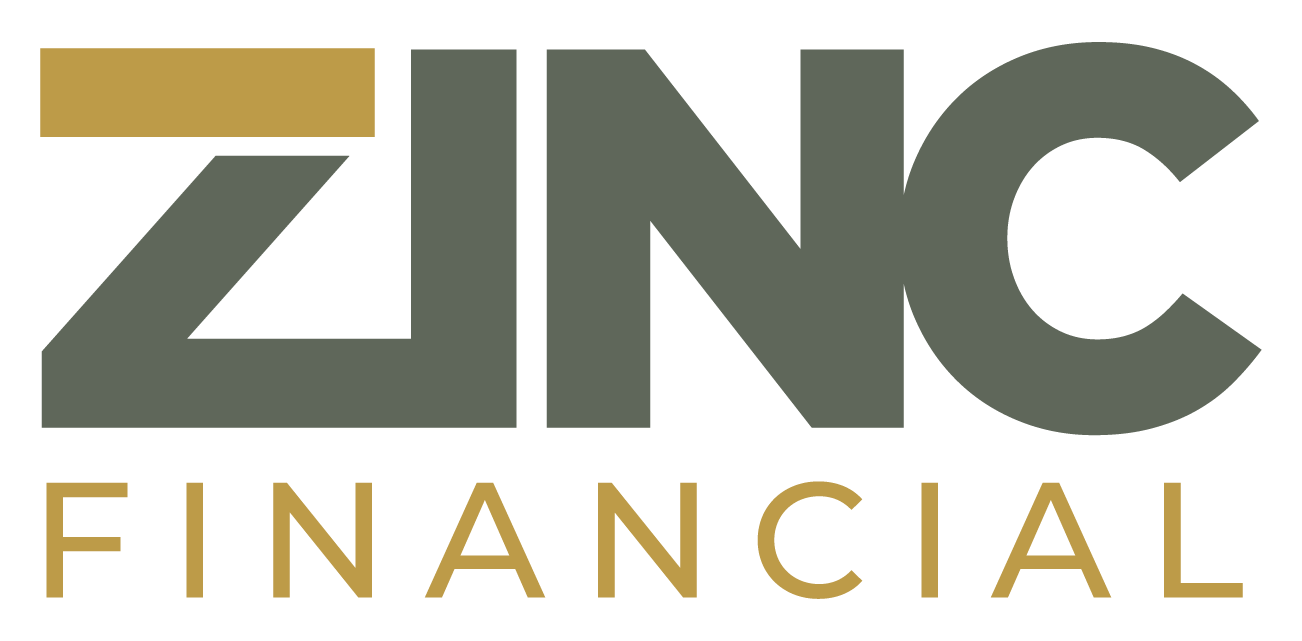Investing in rental properties can be a lucrative venture, providing a source of passive income and potential long-term wealth. However, one of the biggest challenges for aspiring real estate investors is securing a rental property loan. Rental property loans and mortgages come in various forms, each with its own advantages and disadvantages. In this blog, we will explore the different types of rental property loans and mortgages, helping you understand the options available and make informed decisions.
-
The Conventional Rental Property Loan
Conventional loans are one of the most common options for financing rental properties. These loans are not insured or guaranteed by the government, making them ideal for borrowers with good credit and a stable financial history. Here’s what you need to know about conventional loans for rental properties:
Down Payment: Typically, you will need a down payment of at least 15% to 25% of the property’s purchase price. This down payment requirement can vary based on your creditworthiness and the lender’s policies.
Interest Rates: Interest rates for conventional rental property loans may be slightly higher than those for primary residences but lower than some other loan types. The exact rate you qualify for will depend on your credit score and other financial factors.
Loan Terms: Conventional loans often come with 15- or 30-year terms, giving you flexibility in choosing a repayment schedule. A longer term can lead to lower monthly payments but may result in higher overall interest costs.
-
FHA Loans
The Federal Housing Administration (FHA) offers loans for rental properties, commonly known as FHA 203(k) loans. These loans are insured by the government and have specific requirements:
Down Payment: A minimum down payment of 3.5% is required, making them more accessible to first-time investors. This lower down payment can be a significant advantage for those with limited upfront funds.
Property Condition: FHA loans may have stricter requirements regarding the property’s condition, as they are intended for residential use. This means the property must meet certain safety and habitability standards.
Loan Limits: There are limits on the loan amount, which vary by location. Check the FHA loan limits in your area to ensure your desired property falls within the eligibility criteria.

-
VA Loans
If you’re a military veteran, a VA loan could be an excellent option for financing rental properties. VA loans are backed by the U.S. Department of Veterans Affairs and offer several advantages:
Zero Down Payment: VA loans allow eligible veterans to purchase rental properties with no down payment, which can significantly reduce your initial investment.
Competitive Interest Rates: VA loans typically offer competitive interest rates, which can save you money over the life of the loan compared to some other loan types.
Limited Fees: VA loans have limitations on certain fees, reducing your upfront costs. This can make them more affordable for many veterans.
-
USDA Loans
The U.S. Department of Agriculture (USDA) offers loans for rural rental properties through its Rural Development program. These loans are designed to promote homeownership in rural areas and may have the following features:
No Down Payment: USDA loans often require no down payment, making them an attractive option for rural rental properties. This can be especially advantageous if you’re looking to invest in properties in rural or less densely populated areas.
Income Limits: There are income limits to qualify for USDA loans, and the property must be in an eligible rural area. Be sure to check the income limits and property location requirements for your specific situation.
Low Interest Rates: USDA loans typically offer competitive interest rates, making them an affordable option for eligible borrowers.
-
Portfolio Loans
Portfolio loans are offered by banks and credit unions and are not sold to government-backed entities like Fannie Mae or Freddie Mac. They are often more flexible and may be suitable for investors with non-traditional income sources or those who want to finance multiple rental properties.
Customizable Terms: Portfolio lenders can offer customized loan terms to meet your specific needs. This flexibility can be valuable when structuring your financing to align with your investment strategy.
Flexible Approval Criteria: Portfolio loans may be more lenient in their approval process, considering factors beyond credit scores. This can be advantageous if you have unique financial circumstances that don’t fit traditional lending criteria.
Higher Interest Rates: It’s important to note that interest rates for portfolio loans can be higher than conventional loans. While they offer flexibility, this flexibility often comes at a slightly higher cost.

-
DSCR Rental Property Loan (Debt Service Coverage Ratio Loan)
are specifically designed for real estate investors. They focus on the property’s income potential rather than the borrower’s personal income or credit score. Here’s what you need to know:
DSCR Requirements: Lenders assess the property’s Debt Service Coverage Ratio (DSCR), which measures the property’s ability to generate enough income to cover the mortgage payments and other expenses. A DSCR of 1.2 or higher is typically required.
Loan-to-Value (LTV) Ratio: DSCR loans often have a lower maximum LTV ratio compared to conventional loans, meaning you may need a larger down payment.
Interest Rates: Interest rates for DSCR loans can vary but may be higher than traditional mortgages to account for the higher risk associated with investment properties.
-
Private Money Loans
involve borrowing from private individuals or groups rather than traditional financial institutions. These loans can be a valuable option for investors seeking quick financing or with unique circumstances:
Flexibility: Private money lenders are often more flexible in their lending criteria and can consider the specifics of your investment.
Speed: Private money loans can be processed more quickly than traditional loans, making them suitable for time-sensitive investments.
Interest Rates: Private money loans may come with higher interest rates due to the increased risk for the lender. However, they can still be competitive depending on your situation.
Choosing the right rental property loan is a crucial step in your real estate investment journey. Each type of loan has its pros and cons, and the best choice depends on your financial situation, investment goals, and eligibility criteria. Before deciding, it’s essential to conduct thorough research, consult with lenders, and consider seeking advice from financial experts or real estate professionals. By understanding the different types of rental property loans and mortgages, you can make an informed choice that aligns with your investment objectives and helps you build a successful rental property portfolio.


